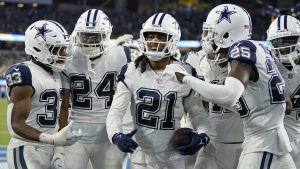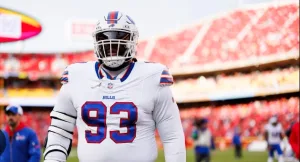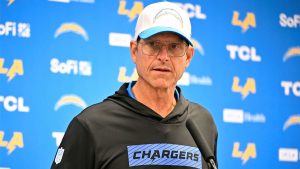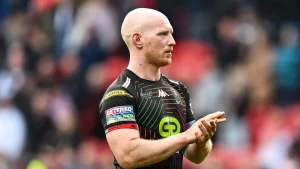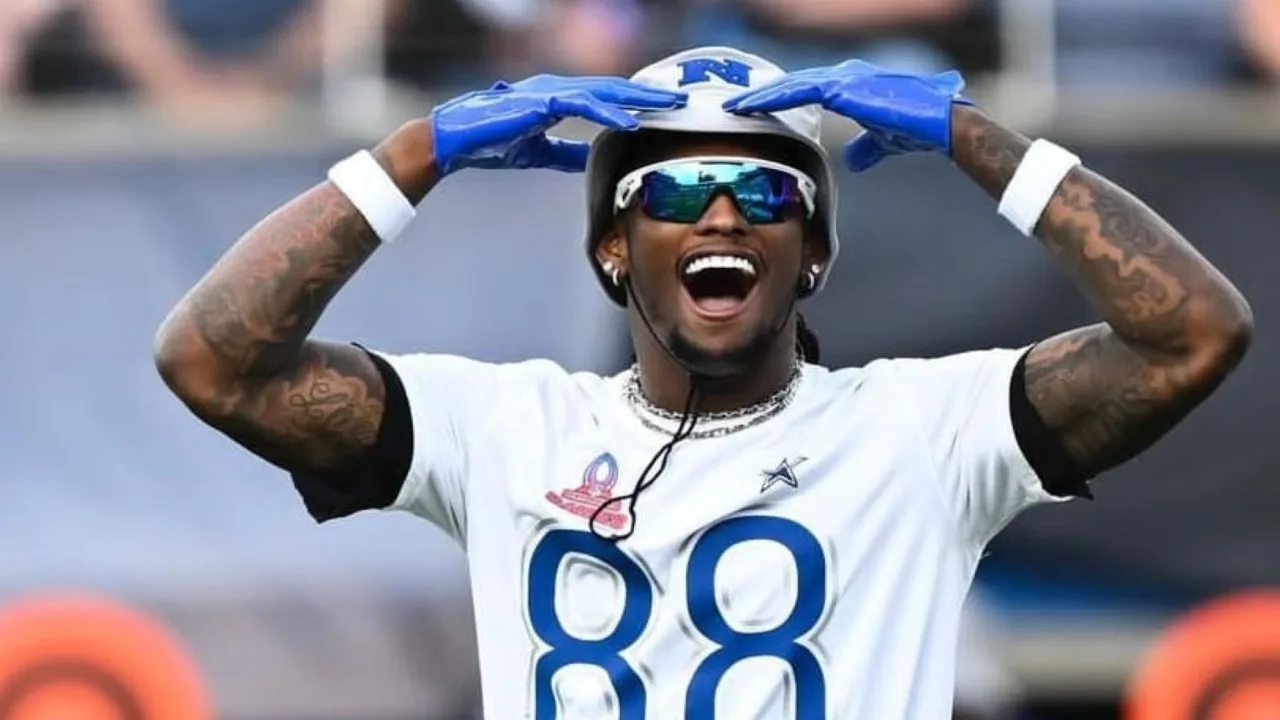
Recently, Dallas Cowboys owner Jerry Jones made headlines with his comments on CeeDee Lamb and the team’s pace in securing his future with a new contract. Jones’ remarks, which suggested a lack of urgency in finalizing Lamb’s deal, drew criticism and led to what many are calling an incomplete apology.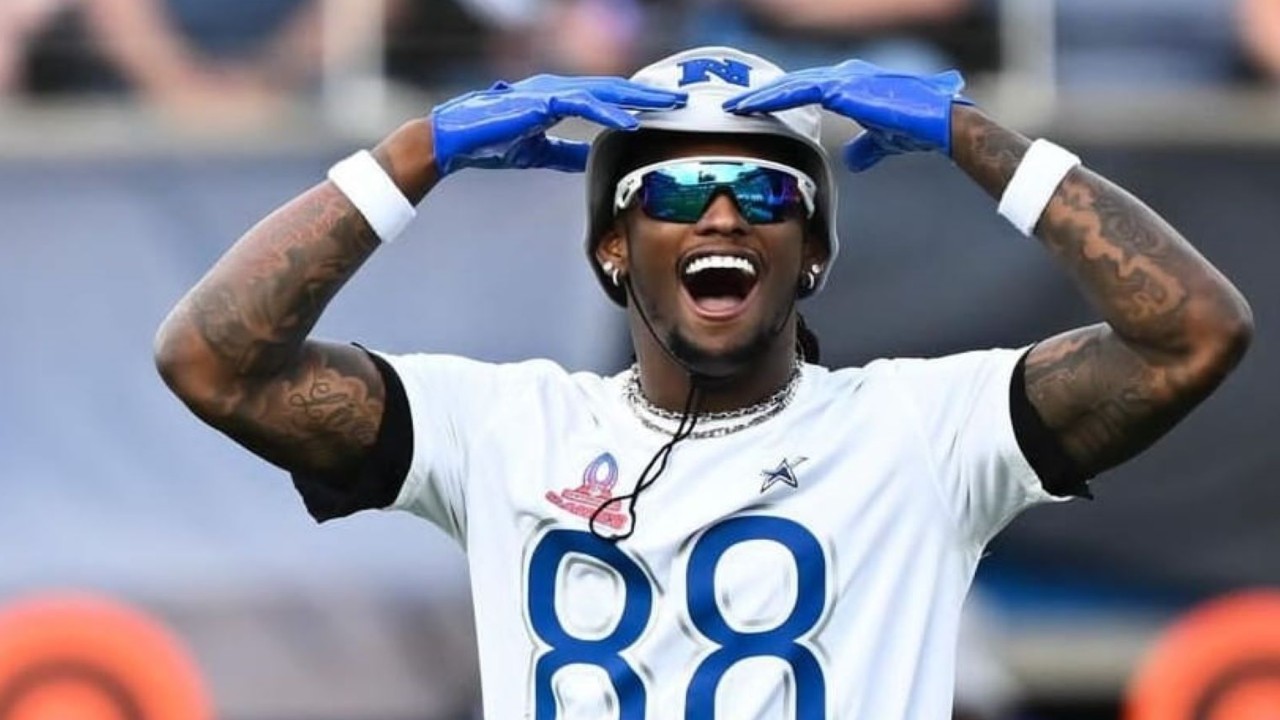
In a press conference, Jones seemed to downplay the importance of hurrying through Lamb’s contract negotiations. He mentioned that while Lamb is a talented and crucial player, the team’s approach to his contract extension was methodical and not driven by urgency. His comments were perceived by some as dismissive of the significance of locking down a star player like Lamb.
Jones’ remarks were met with a mix of reactions. Fans and analysts were concerned that his attitude could reflect a broader lack of commitment to securing key players, potentially impacting team morale and performance. In response to the backlash, Jones issued a partial apology, but it did not fully address the core concerns.
In his incomplete apology, Jones acknowledged that his comments might have been interpreted differently than intended. He stated that he respects Lamb’s contributions and recognizes his importance to the team. However, he stopped short of offering a full retraction or a concrete plan to expedite the negotiations. Instead, Jones reiterated that the Cowboys have a structured approach to handling contracts and that all negotiations are conducted with the team’s long-term success in mind.
This partial apology has left many feeling unsatisfied. Critics argue that Jones failed to demonstrate genuine understanding of why his initial remarks were problematic. By not offering a clear commitment to accelerating Lamb’s contract talks, Jones left room for speculation about his true priorities and the team’s readiness to address player needs promptly.
The situation highlights a recurring issue in professional sports: the delicate balance between managing team finances and maintaining positive player relationships. While Jones’ approach may stem from a desire to manage salary cap constraints and ensure financial stability, it also risks creating a perception of undervaluing key players. For a player like CeeDee Lamb, who has shown significant promise and impact on the field, such perceptions can be detrimental.
Jones’ incomplete apology may also reflect a broader challenge in sports leadership — the need to communicate effectively and empathetically. Apologies in the public eye often require more than just acknowledging a misstep; they need to address the concerns of stakeholders and outline steps for moving forward. In this case, a more thorough apology might have included a clear commitment to prioritizing Lamb’s contract talks and demonstrating how the team values his contributions.
In summary, Jerry Jones’ remarks regarding CeeDee Lamb and the subsequent incomplete apology have sparked debate about the balance between team management and player relations. While Jones’ acknowledgment of Lamb’s importance is a step in the right direction, the lack of a concrete plan to expedite the contract negotiations leaves lingering concerns. For the Dallas Cowboys, addressing these issues comprehensively will be key to maintaining player trust and ensuring a positive team environment.
